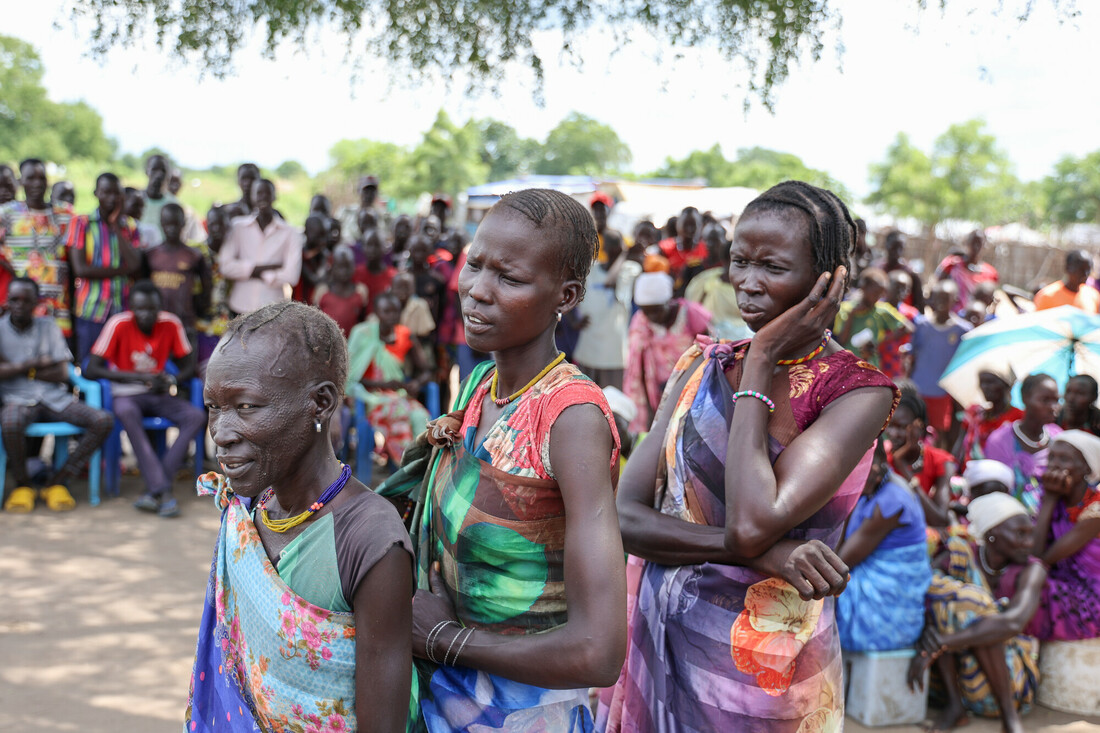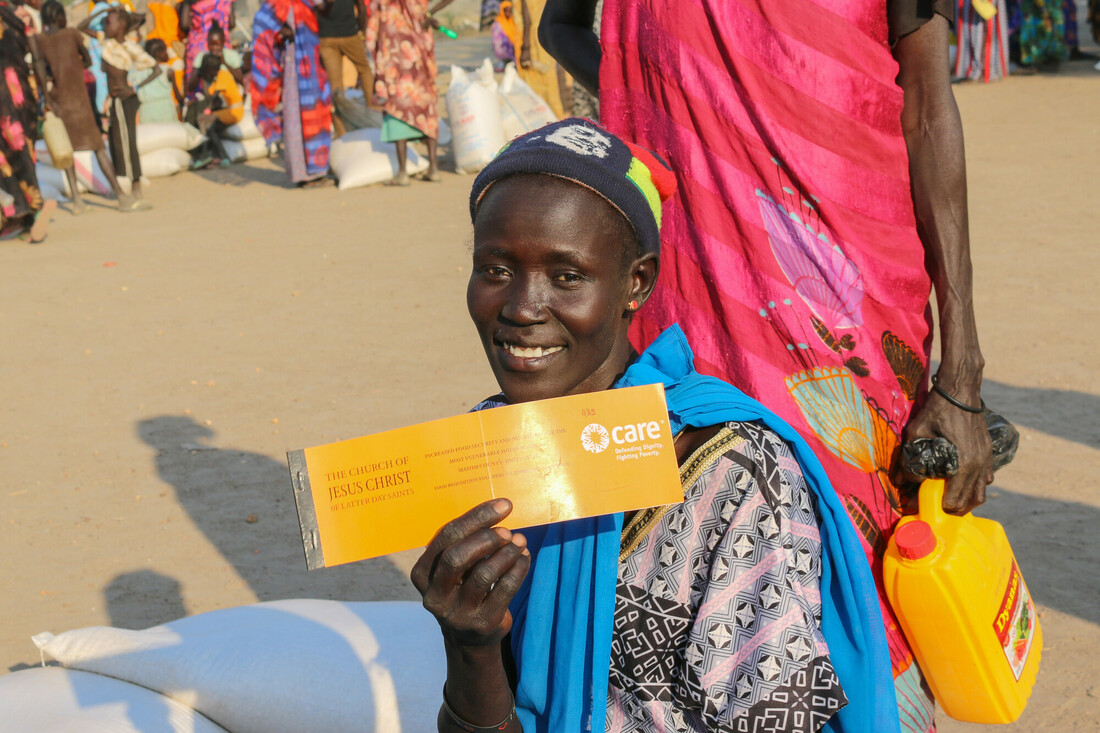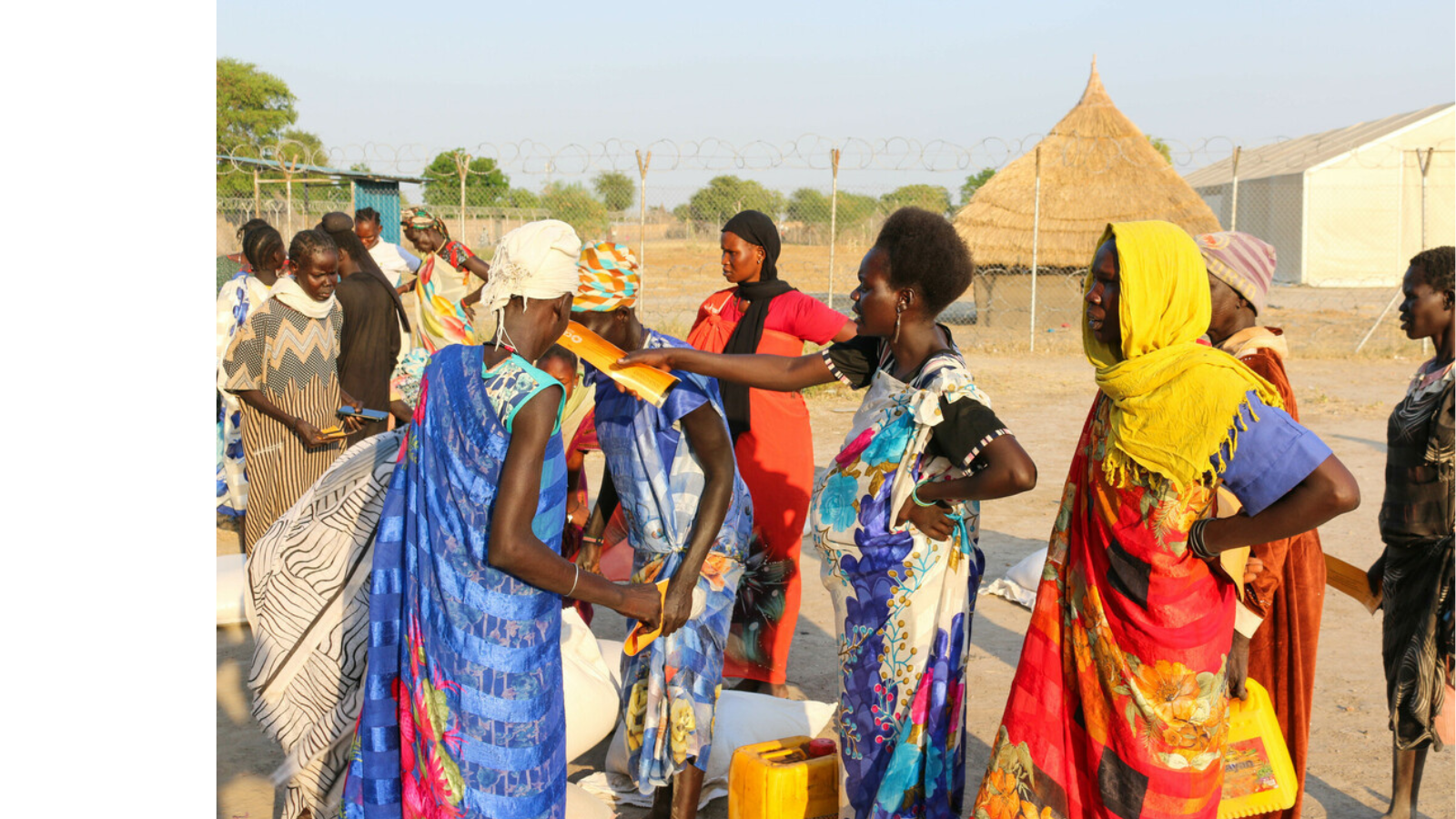History of CARE International’s work in South Sudan
CARE International has been working in the now independent South Sudan since the 1970s. In 1993, we responded to famine by providing humanitarian relief to internally displaced people in Western Equatoria.
The signing of the Comprehensive Peace Agreement in 2005 allowed CARE South Sudan to expand into Jonglei and Upper Nile States to support returnees from the refugee camps, and we have since broadened operations to include health, nutrition, food security and livelihoods, peacebuilding, and gender-based violence prevention.
What CARE International does in South Sudan
More than a decade into independence, South Sudan faces multiple crises including extreme food insecurity, flooding, and armed conflict. Through a combination of long-term staff and our established partnerships we adapt and scale up our humanitarian work when needed.
Since 2020, CARE South Sudan has been responding to COVID-19. Response efforts include raising awareness about prevention methods and supporting the government with transporting vaccines.












